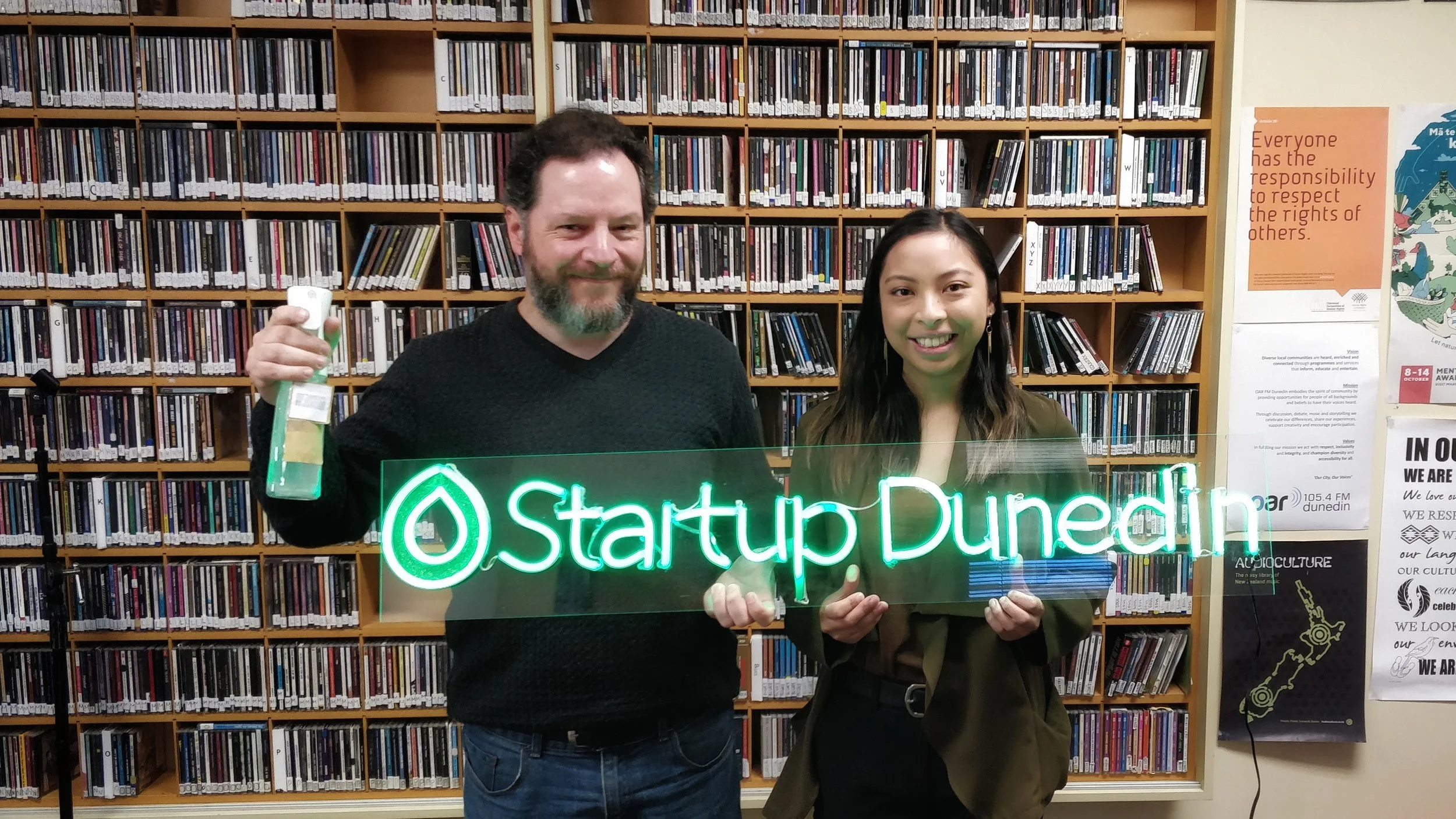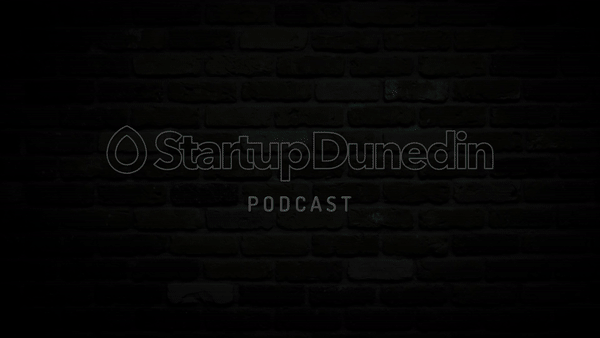What you do is you put in the days that you want them to turn on, the times you want them to turn on and what time you want them to turn off. You set that at the beginning of the season, and that ticks along for through entire season. That's how it's currently being done. Those products work great in a residential setting when you have, maybe five to 10 that you're controlling. They're on the side of your house. They're easy to go out and adjust. But if we're talking about some hill, country stations, you've got 300 to 1000 different units out there, you've got batteries you have to change every year, there's quite a bit of time drift in these devices as well, so you may have programmed them all, which takes a considerable amount of time. You programmed them all to run five sprinklers at any one time, but with time drift, by the end of the season you may have eight to 10 going at different times, because some get slow, some get faster, and they all do it at different rates.
That's quite a big problem currently, and they're reprogrammed and a lot of times have new batteries put in every year, so it's incredibly labor intensive just to do that component of it, but on top of that, once you have those times set, they're set for the season. You can go out and adjust them, time consuming, but there's no easy way just to pause them if rain's coming, or if you have stock on a paddock you can't easily pause that one paddock and then start it again, or easily adjust the time for a one-off type irrigation job.
A lot of times they can, obviously, shut the whole system down. Mostly that's going to be draining the entire irrigation system and then they have to fill back the water so they've got to charge it again, and they do have pressure releases to let the air out, but still often air will build up in the lines. Obviously, as the water flows in that pressurizes and that can blow valves and sprinkler heads completely off the posts and into hundreds of pieces.
It sounds incredibly time consuming?
I was talking to one of the guys at the company a little while ago and it took, I think there were three guys and it took them two or three days to reprogram just 325 units, so that was just one property. They have many properties that they have to go do this on with more units than that. It's not an efficient or effective way to do it currently. There are, obviously, it works to get water on the field, but there are better ways to do it.
What is the most frustrating part of building a digital product?
The most frustrating part is getting it almost working and having problems pop up that don't pop up on a regular basis, as can sometimes be the case in technology. If the stars align just right it decides not to work, but sometimes it can work and you can't always repeat those faults that you find.
I'd say just in general the difficult part about developing this how we're doing it because Callaghan's based in Wellington and we're down here in Dunedin and our test site's over in Alexandra, is it's difficult to do that real world in situ testing, and we've had problems with that, where you test it, they test it in the lab, I've tested in the office. Everything's worked great, and then I've taken the data into the field and well, nothing worked at all. It's like, "Hang on. Where'd we go wrong?" Because we didn't have any hitches up until this point.
Is there a part of the product development you particularly enjoy?
The most rewarding part has just been development, Next Farm's development, knowing where we were at when I first got introduced to it and that was a test of prototypes and it was a huge flop. Now we're here. We've purchased the Efflu Track product. We have cashflow from that.
Obviously we haven't fully launched our irrigation controller, but we're making more steps in that direction. It's rewarding just to see how far we've come, to see cash coming in. It'll be even more rewarding when we actually launch the irrigation control product and we see them picking away out in the field.
Not that it hasn't been worth it up to this point, but that's when we'll all sit down and have a drink and celebrate together.
INTERVIEW BY ANGUS PAULEY
#11
IF YOU WOULD LIKE TO FEATURE ON THE STARTUP DUNEDIN BLOG CONTACT US AT HELLO@STARTUPDUNEDIN.NZ






























